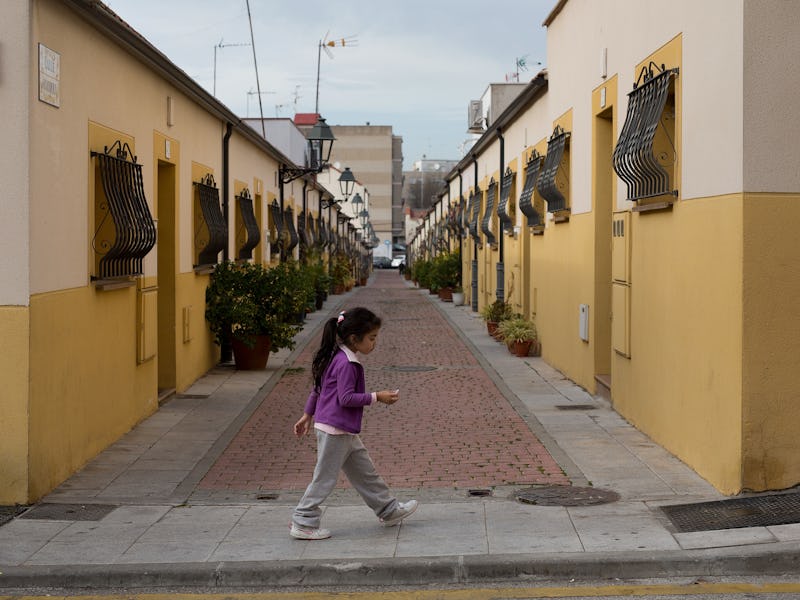Spanish Cities Are Renaming Streets After Women
Out with the fascists and in with the females.

Pursuant to a law passed back in 2007, cities in Spain are retiring street names taken from members of Francisco Franco’s fascist regime. It is a commendable effort to renounce the nation’s troubled political past, and comes amidst renewed awareness of the ethos of fascism.
A change like this — making sure people don’t have to read the names of hated fascists on every street corner — is a pretty good deal. Except a number of Spanish cities aren’t stopping there. In cities like Léon and Valencia, local authorities are using these name vacancies to create some much-needed visibility for female historical figures. The law didn’t call for it, but in essence it is an opportunity for these cities to ditch the fascists and rename streets after women in history that deserve some spotlight.
Among those women selected to grace these streets with their names are figures like Soledad Cazorla, who was Spain’s first female prosecutor who specialized in gender violence. It’s not just women from Spain who are being honored, either. Mexican painter Frida Kahlo, English novelist Jane Austen, and American civil rights icon Rosa Parks have also been selected as sources for street names.
And Spain isn’t the only country whose cities could use this kind of overhaul. Last year, Mapbox conducted a study of seven world cities to examine the distribution of street names between the genders. In each place, they found a discrepancy in favor of male names. Overall, only 27.5 percent of studied streets are named after women. Definitely room for improvement, there.
The genders of street names in San Francisco. The blue streets are named for men, where the red streets are named for women.
The idea of furthering gender equity by naming streets after women calls to mind the fact that there are many subtle ways in which the process of dismantling an inequitable system must occur. It’s in step with the plan announced earlier this year to boot Andrew Jackson off the $20 bill and replace him with Harriet Tubman. Having a name on a street or a face on some money might seem an inconsequential thing, but it can go a long way toward normalizing the increased visibility of women in society. Besides, standing on the corner of Rosa Parks Way sounds a lot more appealing than Francisco Franco Boulevard.